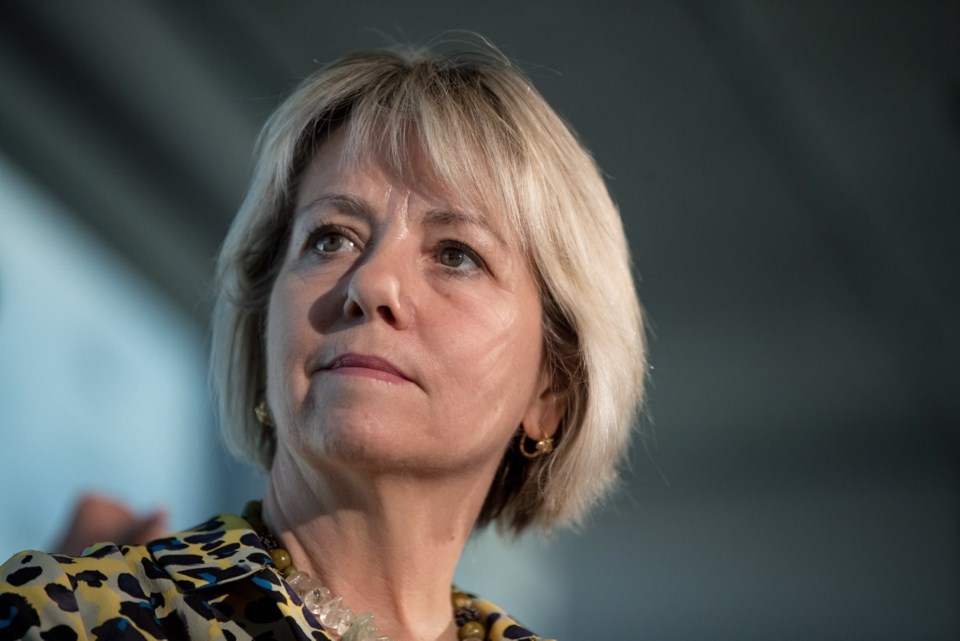Not all health-care workers are required to self-isolate after returning from international travel, which has some people concerned about the risk of spreading COVID-19 to patients and other health-care professionals.
Some workers returning from overseas trips are concerned they have potentially been exposed to the virus and worry they could spread it to patients and co-workers before they are aware of symptoms.
“If I go to work and I infect 10 other nurses, then, all of a sudden, now there’s 11 of us that have to be off work, instead of just one,” said a nurse who works in a south Island hospital and recently returned from an international trip.
“Then it’s a way worse situation at that point than if they’d just let the one person who’s the highest risk stay home.”
The nurse asked not to be named, because he is afraid that sharing his concerns could jeopardize his job.
When B.C.’s provincial health officer directed everyone returning from overseas travel to self-isolate for 14 days last week, she said some essential workers, such as those in health care, would not be required to follow the same guideline.
“If we had everybody who is off not be able to come back, it would leave us in dire straits,” B.C. provincial health officer Dr. Bonnie Henry said at a daily COVID-19 update last Thursday.
“So we’ve made some provisions for safely coming back in certain circumstances for people who provide direct patient care.”
The message has resulted in some confusion and concern.
Health-care workers were told in a March 13 letter from Henry to self-isolate only if they had symptoms, or were returning from Italy, Iran or Hubei province in China.
Those instructions changed slightly in a letter dated March 16, in which Henry instructed health-care workers who are not essential to patient care and those with symptoms to self-isolate for two weeks after returning from abroad.
Henry clarified the situation in an update Wednesday, saying health-care providers can return to work if they have no symptoms and their absence would compromise the ability to provide essential care.
“It is not just a blanket exemption: ‘Go into work. You’re fine.’ It’s very controlled and it’s only where it’s going to compromise patient care or essential services,” she said.
Henry said there are protocols to reduce the risk of transmission.
Workers are asked to wear a surgical mask at all times, reduce close contact with co-workers and while travelling to and from work, and self-isolate at home on days off.
They are also asked to check themselves regularly for symptoms of COVID-19 or any illness, and to apply a low threshold in determining if they’re unwell.
If a health-care worker develops symptoms at work, they are asked to immediately put on a mask and finish essential care before going into self-isolation.
The idea is that by taking extra precautions, the risk of a health-care worker unknowingly transmitting COVID-19 to patients and co-workers will be kept low, according to the Ministry of Health.
The south Island nurse isn’t sure the additional precautions are enough.
“I’m still touching things around the hospital. I’m going in, opening doors and I need to get medications,” he said.
“We always try to do appropriate hand hygiene, but the risk is still there.”



